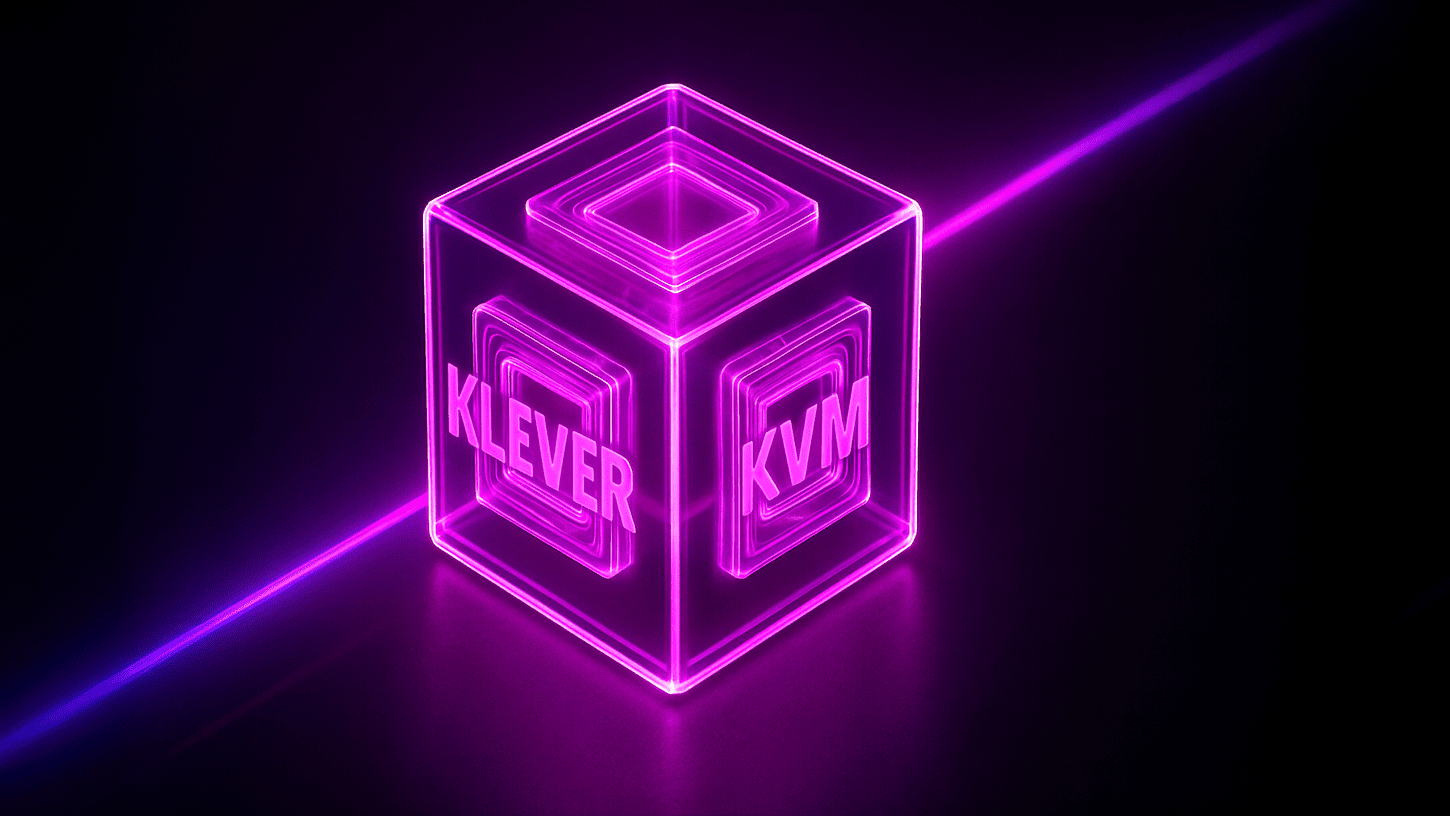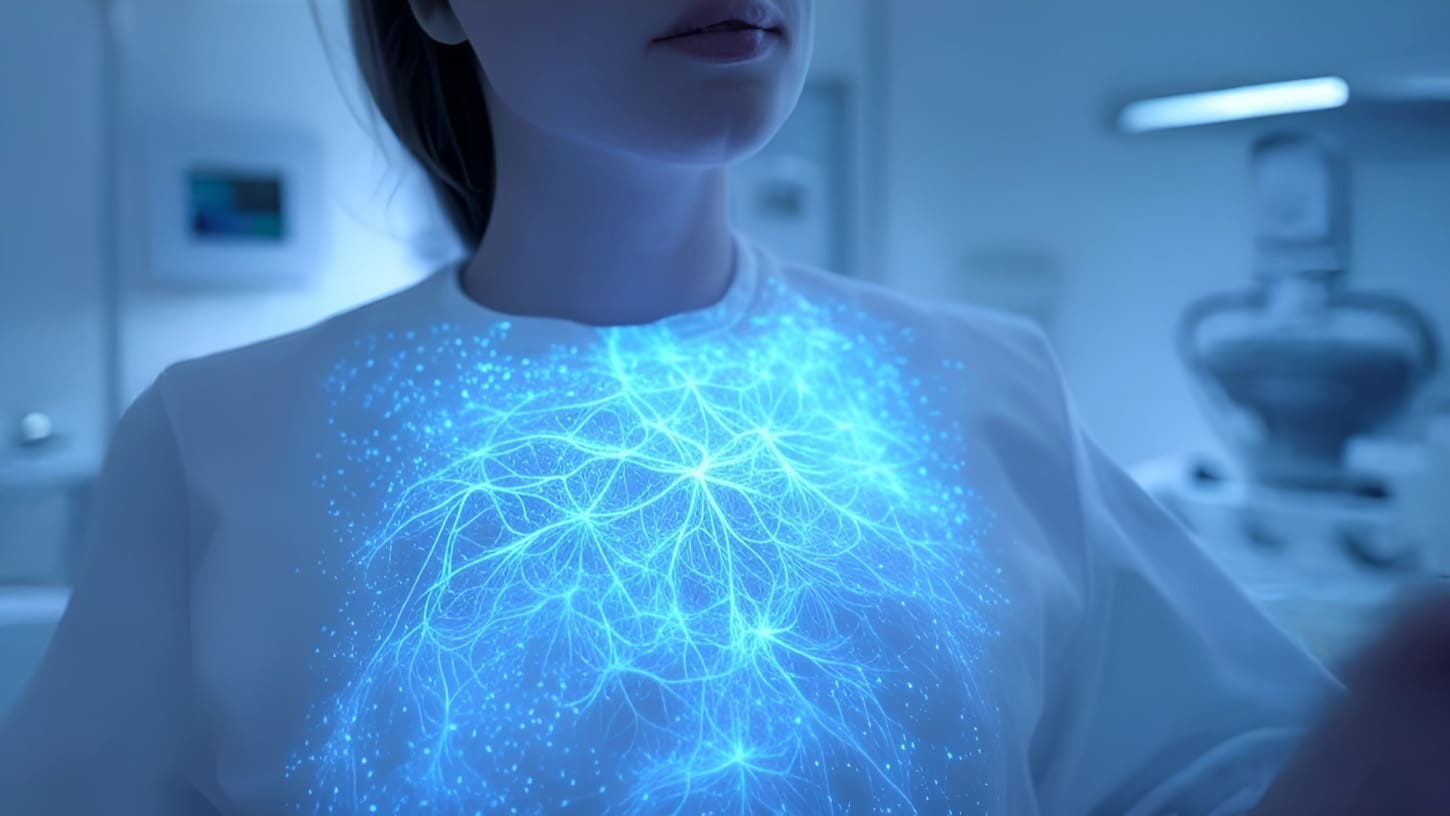Microsoft’s Dragon Copilot: A Healthcare Revolution or the Start of Patient Data Harvesting?

Microsoft has unveiled Dragon Copilot, the healthcare industry’s first unified AI-powered voice assistant. They claim that Dragon Copilot will streamline clinical documentation, surface critical information, and automate tedious tasks, positioning it as an AI-driven tool designed to revolutionize how clinicians interact with patient data.
However, with this innovation comes an important question: Is Dragon Copilot simply a step forward for healthcare efficiency, or does it mark the beginning of large-scale patient data harvesting by Microsoft?
What is Dragon Copilot?
Dragon Copilot is an AI-powered voice assistant designed to reduce administrative burdens for healthcare professionals. Built using Nuance’s speech recognition technology and Microsoft’s AI ecosystem, the assistant integrates seamlessly into electronic health records (EHRs), allowing doctors to dictate notes, retrieve patient history, and even automate follow-ups, all with voice commands.
According to Microsoft, the goal is to give clinicians more time with patients and less time stuck in documentation. But, as the medical field embraces AI, who has access to this sensitive patient data, and how is it being used?
The Benefits: AI’s Role in Transforming Healthcare
Microsoft’s Dragon Copilot could provide game-changing benefits for healthcare professionals and patients alike.
Faster Documentation – Doctors spend nearly 50% of their time on documentation. Automating this process could reduce burnout and increase efficiency.
Better Patient Care – With AI handling admin tasks, clinicians can focus more on patient interactions and decision-making.
Real-time Information Retrieval – AI can instantly surface relevant patient history, test results, and treatment recommendations, reducing errors.
Automation of Tedious Tasks – The assistant can schedule appointments, fill out forms, and set reminders saving valuable time.
From an efficiency standpoint, Dragon Copilot has the potential to reshape healthcare workflows, making patient care faster and more precise. But what about data privacy?
The Privacy Debate: Is Microsoft Collecting Patient Data?
Integrating AI and voice recognition in healthcare raises critical concerns about patient data security. Microsoft assures users that Dragon Copilot complies with HIPAA (Health Insurance Portability and Accountability Act) regulations, ensuring that patient information is handled responsibly.
However, Microsoft’s business model is data-driven, and past controversies such as its partnerships in AI and cloud services have shown that big tech firms often benefit from large-scale data collection.
Key Privacy Concerns:
Who Owns the Data?
Microsoft’s AI processes vast amounts of sensitive patient data. Is this information stored permanently? Does Microsoft retain access?
How Secure is AI Voice Data?
- Voice-based AI systems require constant listening. Could there be risks of unauthorized data collection beyond what is intended?
Will AI Recommendations Influence Medical Decisions?
- If AI-generated recommendations influence doctors’ decisions, does this create a risk of biased algorithms affecting treatment?
Potential for Monetization
- Will Microsoft use anonymized patient data for AI training? Could this data be monetized for pharmaceutical companies or insurance providers?
While Microsoft emphasizes privacy and security, the lack of transparency in AI-driven healthcare tools raises red flags for privacy advocates.
Microsoft’s Response: Addressing the Privacy Backlash
To counter privacy concerns, Microsoft has reiterated that:
Dragon Copilot does not sell patient data to third parties.
AI voice processing happens within secure cloud environments (Azure, which is HIPAA-compliant).
Clinicians retain control over the AI’s interactions, ensuring that sensitive information is protected.
While these statements may alleviate some concerns, they do not entirely erase skepticism about how data is stored, accessed, and potentially leveraged in the long term.
Final Verdict: Innovation vs. Privacy Risks
Microsoft’s Dragon Copilot is undeniably a groundbreaking tool that could reshape the healthcare industry, offering efficiency and cutting-edge AI-driven assistance.
However, the question remains: Can big tech companies be trusted with sensitive patient data?
As AI continues to integrate into healthcare, data security and privacy transparency must remain a priority. While Dragon Copilot may revolutionize patient care, it also sets a precedent for how tech giants handle medical data in the future.
Will this tool empower clinicians, or does it mark the start of a new era where AI holds unprecedented access to personal health records? Only time will tell.
What do you think? Should healthcare AI tools be more transparent about data usage? Let us know in the comments below!






